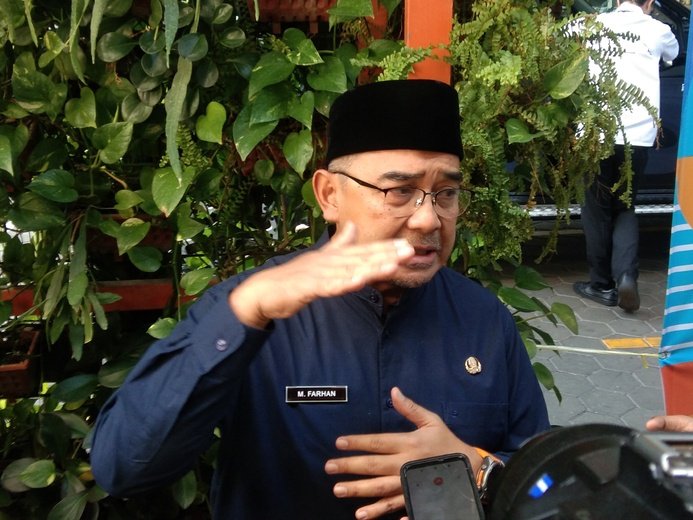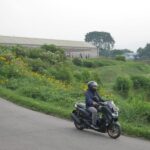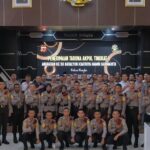BANDUNG CITY – The Bandung City Government is preparing to introduce a new electric vehicle-based system temporarily named “Smart.” One of the fundamental changes in this system is the implementation of a tap-based digital payment method, replacing the cash transactions still used in conventional angkots (public minivans).
According to the Bandung Mayor, this tap system is designed to integrate seamlessly, similar to Bus Rapid Transit (BRT), making it easier for residents to travel without repeatedly paying full fares.
“I board, tap, and Rp7,000 is deducted from my card. When I transfer to another angkot, I’m not charged fully again—just 1.5% of Rp7,000 if done within an hour. This is a fair and efficient system,” he said in Tamansari on Wednesday (9/7/2025).
He explained that passengers only need to tap their electronic or digital card on the reader available in each vehicle. A base fare of Rp7,000 is charged for the first tap.
If passengers transfer vehicles during a single trip, the subsequent fare is only 1.5% of the initial fare, provided it’s within one hour of the last tap. If the transfer occurs after more than an hour, the system treats it as a new trip, and the full fare applies again.
This measure will also discourage drivers from idling while waiting for a full load, as the payment and operational system is based on fixed routes and schedules rather than passenger numbers.
The tap system is part of a major transformation of public transportation in Bandung. Alongside replacing conventional vehicles with eco-friendly electric ones, this digital payment system is expected to drive a cultural shift in how residents use transportation.






